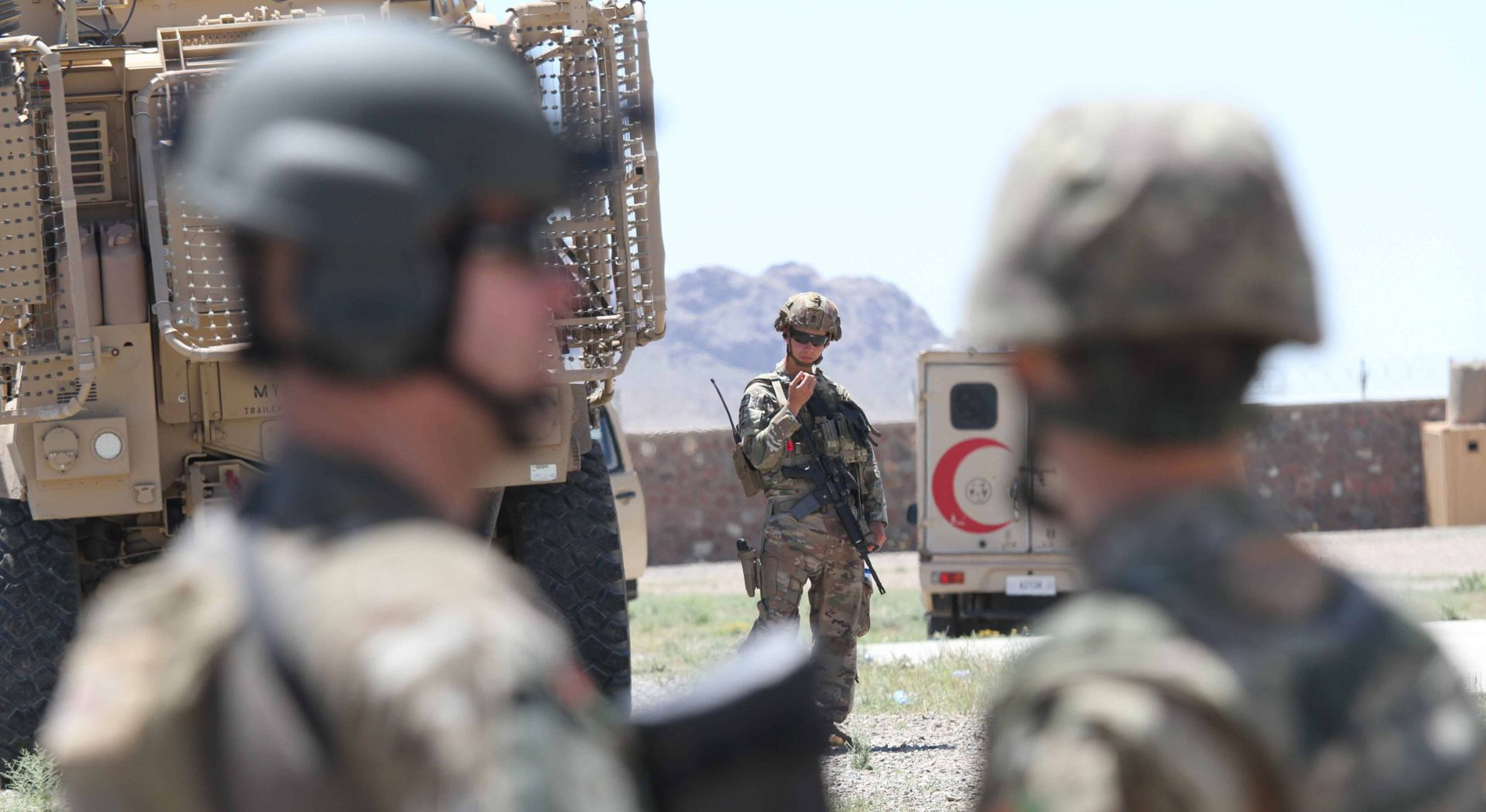
Will NATO Survive?
Afghanistan has confirmed that the U.S. is egotistical and, even worse, incompetent. Its strategic interests during the Cold War era coincided with those of Western Europe. At the time, it was about joint defense against the Soviet Union. The decision that NATO must fight not only against Russia, but also the Taliban, was not easy, but it was possible. However, a similar, joint decision could not be reached on Iraq.
Donald Trump started flirting with Russia and decided to withdraw troops from Afghanistan. Europeans found that now the enemy is China. Joe Biden carries on with Trump's foreign policy. He has withdrawn his objections to the northern pipeline, is evacuating troops from Afghanistan and reiterates that China is the real threat. And indeed, the Chinese are powerful, authoritarian and arrogant. Yet they do not pose a military threat; it is Russia that does. In economic terms, China is a partner, albeit a difficult one, but not an enemy. This is where the interests of Europe and the U.S. diverge.
The question is: What about military competence? NATO has created a protective umbrella over a militarily weak Europe. It was only the U.S. who could stand up to the Soviets' ill intentions. Russia is not the Soviets in terms of security, but Europe is still a military dwarf, which explains why NATO survived the fall of the Berlin Wall. But the military power of the U.S. alone will not work wonders; it is necessary to have some idea of what to do with this military power, and the will to use this power no matter the cost. And this is where problems begin — not only for Afghanistan, but also for Europe. Is NATO still creating a protective umbrella against Russia's ill intentions? If not, what's the point of its existence?
NATO's secretary-general is putting on a good face, assuring that Afghanistan is not a burial site for the organization. European politicians such as Armin Laschet, quite possibly future chancellor of Germany, or Tom Tugendhat, chairman of the Foreign Affairs Committee in the British Parliament, are less optimistic and expect a debate on the future of NATO.
What does our government have to say about such a serious matter? So far, probably nothing. Even the right gesture to transport those Afghans who cooperated with NATO from Kabul to Warsaw was squandered by the cruelty toward the 30 Afghan refugees camping on the Belarusian border. Our relations with the U.S. and Europe are the worst in years. They are a bit better with China, though it is hard to sell this new "friendship" in NATO.
I would not stick to the NATO alliance, but I would like to know who, and with what and how, will defend us against potential aggression from the east. It looks like we are in it on our own, conflicted with the world and with ourselves. Someday we are going to end up like Afghans, stranded in Usnarz Górny in the Podlasie region.
